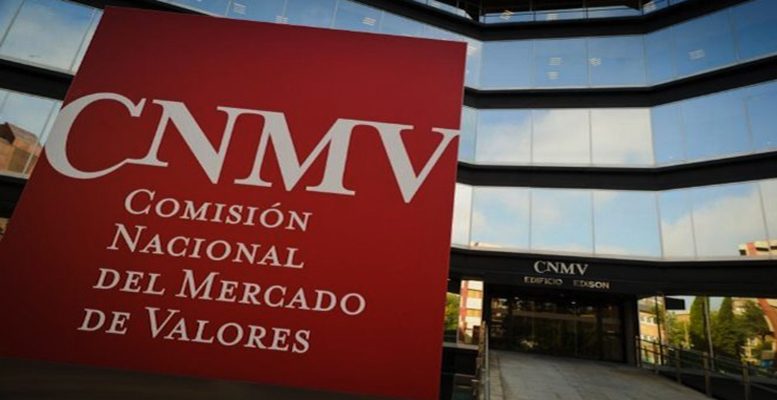Neither of the left-wing parties (PSOE and Podemos) is enamoured with the personal profile and career of those people recently selected to head up Spain’s Stock Market Regulator (CNMV). So much so that they voted against their appointment in Parliament. In the case of the new chairman, 58-year old Sebastián Abella, it’s because he comes from a very successful lawyers’ office which has acted as advisor in some of the most important cases with stock market implications in the last few years. The case of the deputy chairman, 45-year old Ana Martínez-Pina, is almost the complete opposite, given that she has spent almost all her professional career working in the public sector.
Abella’s critics have said he cannot really be an independent president because of the number of issues in which he has been involved and, in some cases, the CNMV will have to resolve. During his time in Linklaters law firm, he was an advisor for Siemens bid for Gamesa (a matter from which he has now had to abstain himself in the CNMV), for Indra’s buy of Tecnocom or for Abengoa’s restructuring. And Ms Martínez-Pina’s appointment smacks of government influence. They say it’s ‘political’ as a result of the time she has worked with Economy Minister Luis de Guindos.
There is also talk about the fact that both the new appointees have brothers who are strategically positioned and could end up their at the head of the CNMV. Abella has a brother, Francisco, who is a partner in global mid-market specialist N+1, now Alantra. And Martínez-Pina has a brother who has been a partner in auditing and consultancy firm PwC since 2011.
If we take notice of all these issues, then the new CNMV would not be able to comply with its commitments, which are to protect investors’ interests, monitor the market’s transparency and improve its efficiency. And Abella doesn’t seem to have eased his adversories’ resentment by announcing he will not take part in any debate, resolution or voting process that could affect any of the companies which have been his clients.
This type of controversy is starting to reveal the confusion there is over what profile candidates for heading up any institution should have. There is the possibility of choosing people who are totally uncontaminated to be chairman or deputy-chairman of any organisation, without having any link to its activities: but they definitely would not be the best suited or capable. In other words, the levels of ‘untaintedness’ which are looked for are incompatible with an increasingly more complex financial and stock market environment (amongst others). This requires experienced professionals, not rookies who come along to learn on the job and behave, as we know, like bulls in a china shop.
But even the socialists knew this. They appointed Luis Carlos Croissier, a key member of the PSOE, with a whole string of economic and business (INI) posts, to head up the CNMV, Manuel Conthe, from AFI (International Financial Analysts) or Carlos Arenillas (deputy chairman under Conthe), ex-Intermoney and someone who had spent his whole career in the financial markets.
And this is the normal thing in any country, excluding the puritan analysis related to the “revolving doors”. The tendency is to choose candidates with experience in a sector who, obviously, have worked for companies or organisations related to the activity. In the end, the risk is that this demobilising philosophy bears fruit and the people responsible for any appointment are cowardly and end up choosing university professors, amateurs or third-class professionals. And these people haven’t the slightest idea about the area which they are going to control
For the time being, the two people who have been chosen to head up the CNMV are the best of the bunch. Abella, a state attorney, started his professional career in the Tax Office, then joined the CNM, where he worked on the 1988 Stock Market Law. He was a member of the European Banking Federation’s judicial committee, as well as the European Commission (ESME)’s committee of stock exchange experts. Martínez Pina was chairwoman of the Accountancy and Accounts Auditing Institute (ICAC), which is part of the Economy Ministry, where she faced up to the big four auditing firms with her Accounts Auditing Law.So
So are they going to be really independent? More than likely, yes. For their own good. All eyes are on them. We are all waiting to see what conclusions the CNMV will draw from their investigation into the ‘insider trading’ issue surrounding Indra’s bid for Tecnocom. That firm’s stock price rose 13.4% the day before the official announcement of the deal. This will be their big test.





